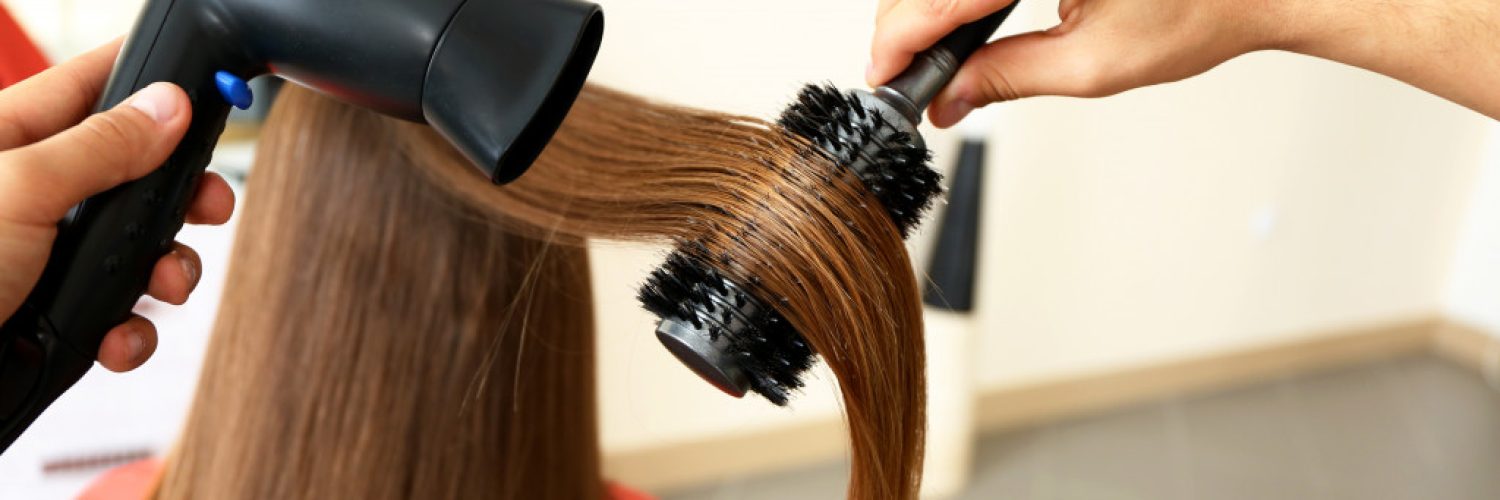Ever wonder why your hair health doesn’t improve even if you’ve been diligently following your care routine? The answer lies in your hair and lifestyle habits. You may be doing certain things that are secretly damaging your hair, which is why the products you use aren’t making any difference.
We’re well-aware that overusing hot styling tools and frequent bleaching lead to damaged hair. But there are some surprising practices that harm your hair without you knowing.
Here’s a list of silently damaging hair habits you need to break and alternatives you can do instead.
-
Washing your hair every day
Frequent hair washing is also a common entry in guides on how to prevent hair loss in women. Of course, you need shampoo to remove the oil, dirt, and product on your hair. But shampooing too often strips your hair and scalp of their natural oils, resulting in dryness and damage.
So, how often should you wash your hair? The answer varies per person. It depends mostly on your hair type and how oily your scalp gets. Most people should wash their hair at least every other day since oil and product buildup can cause a flaky scalp.
On days when you skip the shower, spritz some dry shampoo onto your scalp and the roots of your hair to keep the oil at bay.
-
Skipping regular trims
People who are growing out their hair often skip trims to keep their tresses in their desired length. But regular trims are essential to your hair health.
Trimming your hair removes the dry, split ends. It also prevents split ends from breaking all the way up the hair strand, causing frizziness. Getting a quarter-inch trim every eight weeks should be enough. But if you have dry, thick hair prone to split ends, you may want to get haircuts more often.
-
Using the wrong brush

Brushes are made for different kinds of hair, so make sure to choose one that suits your hair type. Otherwise, the bristles might be too rough on your tresses, causing the strands to fray. Here’s a guide to choosing the best brush for your hair:
- For thick hair: Brushes with synthetic bristles are best for detangling super thick or frizzy hair. The bristles tend to be gentler and allow air and moisture to pass through the strands, drying your hair more quickly.
- For curly hair: Rectangular paddle brushes are great for managing curly hair. Choose one with soft bristles that aren’t too dense so the brush won’t pull on your hair.
- For thin hair: Use a round brush with dense bristles to add volume to thin hair. Start brushing as close to the scalp as possible in an upwards motion to give your hair some lift.
-
Drying with a cotton towel
Finally, cotton towels cause too much friction on your hair, resulting in frayed strands. It’s better to air dry your hair and combing it while waiting. If you don’t have time to wait for your hair to dry, you can lightly pat it with a microfiber towel or blow-dry using the medium heat setting.
While you’re at it, ditch your cotton pillowcases, too. Switch to silk or satin ones that are gentle on the hair, preventing frizz and damage.
Don’t just rely on products when taking care of your hair. Commit to the right habits to keep your tresses healthy inside and out. If you’ve changed your hair habits completely and still struggle with damage, consult a dermatologist immediately.

